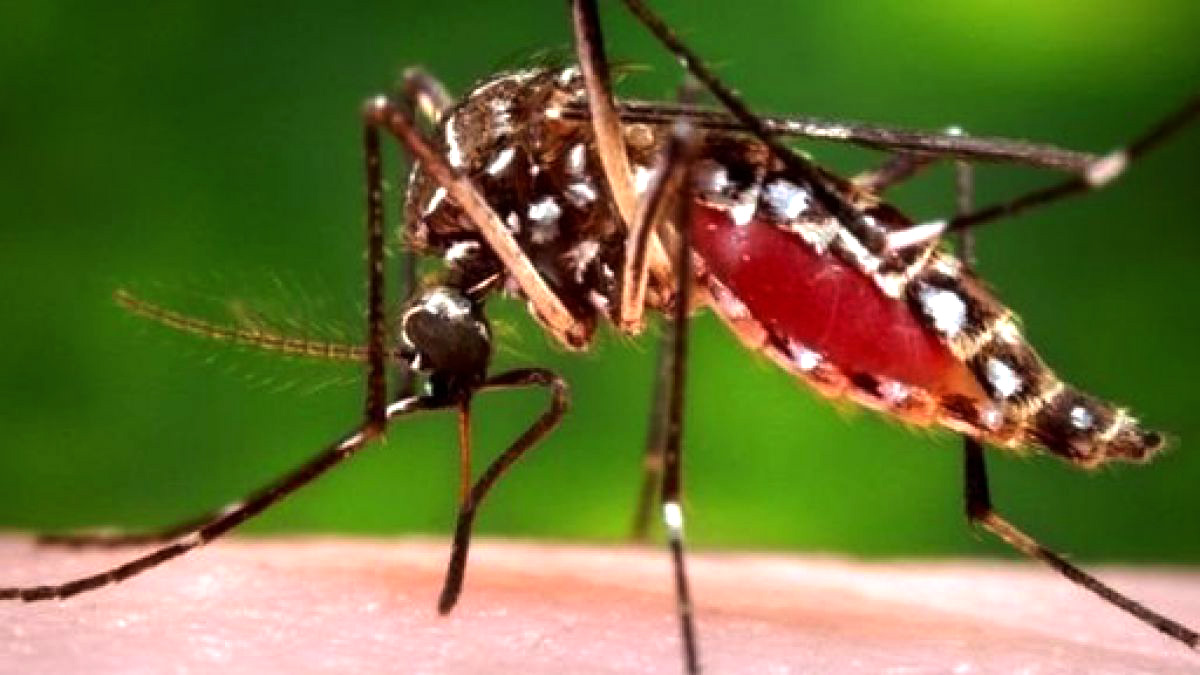[et_pb_section bb_built=”1″][et_pb_row][et_pb_column type=”4_4″][et_pb_text _builder_version=”3.13.1″]
It is known to all that four types of dengue virus cause dengue hemorrhagic fever.
The symptoms are high fever, rash and pain in the muscles and joints. This disease occurs when a person is bitten by a mosquito that is infected with the virus.
Those people who contract the disease a second time with the virus have a significantly higher risk of developing the disease more severely, there may be heavy bleeding and a collapse, which can lead to death.
A group of researchers managed to monitor the development process of dengue in the plasma of infected patients and identify markers of evolution, precisely when there is a decrease in platelets in the blood. Consequently, the increase in phosphotidylcholine is an accurate indicator that hemorrhagic fever will occur. These lipids act against coagulation and thus stimulate hemorrhagic fever.
According to the researchers, the finding of the process that leads to hemorrhagic fever can have an impact on the progress of new treatments and vaccines, through blood tests for the future.
It is important to detect hemorrhagic fever as soon as possible, because the chances of survival of the patient would be greater.
These and other innovations are now possible in Pharmamedic.
[/et_pb_text][/et_pb_column][/et_pb_row][/et_pb_section]








